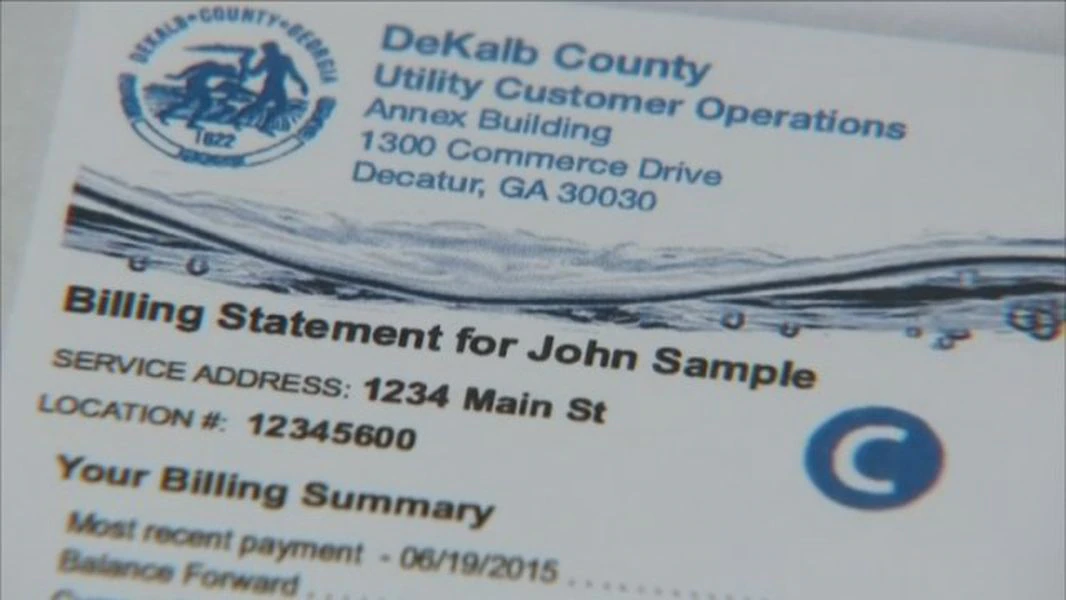
DeKalb County residents will be updated on progress unraveling water billing problems at a meeting set for Sept. 25. CONTRIBUTED
By Tyler Estep
Moratorium was put in place in 2016 to protect residents disputing unusually high bills
DeKalb officials plan to lift the county’s years-long moratorium on water disconnections later this summer, saying the issues that led to outrageous and erroneous water bills for residents have largely been rectified.
The moratorium — which was put in place in 2016 to prevent residents from having their water service disconnected while they disputed unusually high bills — is scheduled to be lifted on July 1.
“Our long county nightmare is over,” CEO Michael Thurmond said Tuesday, evoking former president Gerald Ford.
At the height of DeKalb’s water billing saga, swarms of angry residents packed townhall meetings, armed with inaccurate bills asking them to pay hundreds or thousands of dollars. A Facebook group called “Unbelievable DeKalb Water Bills” quickly attracted thousands of followers.
Billing was suspended altogether for some 37,000 accounts.
Then-interim CEO Lee May initiated the moratorium in May 2016.
Part of the issue was previously installed water meters that had a manufacturing defect that caused them to malfunction if they came into contact with moisture — not an ideal trait for a water meter. Thurmond said Tuesday that all of those meters have now been replaced.
In all, the county has replaced around 70,000 meters. There are about 30,000 more still to go.
But officials said the county has gone from more than 4,000 disputed bills per month at the height of the issues to less than 200 a month today.
That’s about 0.1% of the county’s roughly 200,000 accounts.
About 90% of the county’s water meters now transmit consumption data electronically, removing the human element and producing more accurate readings, Thurmond said.
“That number of less than 200 bills in dispute, I think, is a very valid and appropriate metric to be able to judge the degree to which we’ve been able to resolve these issues,” Commission Jeff Rader said.
Officials said the county will launch a communication program to make sure residents are up to speed on the end of the moratorium. Considerations for customers whose ability to pay has been impacted by COVID-19 will also be made.
All told, the county estimates that lifting the moratorium — and having more people pay their appropriate share — could increase annual revenue by about $12 million.
“We are normal again. We’re celebrating normality,” Thurmond said. “That tells you where disfunction has lived.”
Read the original story on AJC.com.











